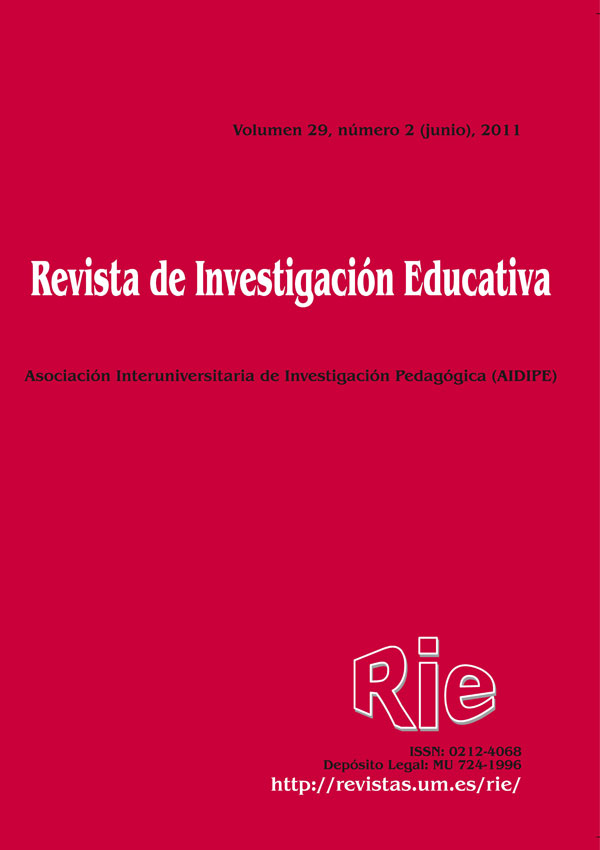School effects of socio-affective factors. A multilevel study for latin america
Supporting Agencies
- Investigación financiada por el Convenio Andrés Bello
- organismo de cooperación internacional
- gubernamental
- conformado por
- Bolivia
- Chile
- Colombia
- Cuba
- Ecuador
- España
- México
- Panamá
- Paraguay
- Perú
- República Dominicana y Venezuela.
Abstract
One of the classic themes of study in the research of school effectiveness is to estimate the magnitude of school effects, i.e., the weight of school on student performance. However, most studies have focused on the study of school effects for cognitive product variables, such as mathematics or language performance, ignoring socio-emotional variables such as self-concept, student attitude or behavior. This article shows the results of a study whose objectives are to estimate the magnitude of the effect of school, classroom and country for four socio-emotional variables, and to analyse the consistency of the effects among these. We carried out a multilevel study of 4 levels of analysis with data from 5,600 students from Spain and 8 Latin American countries, in 248 classrooms in 98 schools. The results suggest that school effects are very low for the socio-effective product variables and that there is little consistency among them.
Downloads
-
Abstract2616
-
PDF (Español (España))2716
The articles and scientific documents published in RIE abide the following conditions:
1. The Servicio de Publicaciones de la Universidad de Murcia (the publisher) has the property rights (copyright) of all the documents published and allows the reuse under the user’s license indicated in point 2.
2. All documents are published in the digital edition of RIE under a Creative Commons Reconocimiento-NoComercial-SinObraDerivada 4.0 Internacional. (legal document) license. These documents can be copied, used, distributed, communicated and explained publicly if: i) the author(s) and its original source of publishing (magazine, publisher and URL of the document) are cited; ii) it is not used for commercial purpose; iii) the existence and the specifications about this license are mentioned.
3. Auto-archive’s conditions. The authors are allowed and encouraged to digitally distribute the pre-print versions (a version before evaluation) and/or post-print (a version that it is already evaluated and accepted to its publication). This promotes circulation and distribution earlier and can increase the citations and significance within the academic community.










